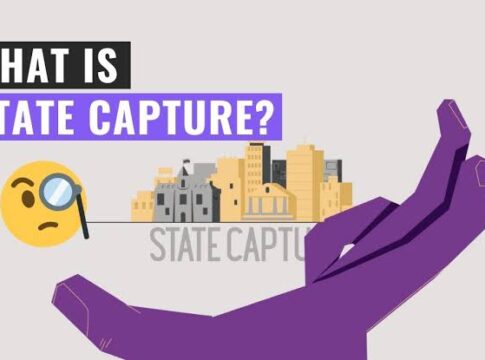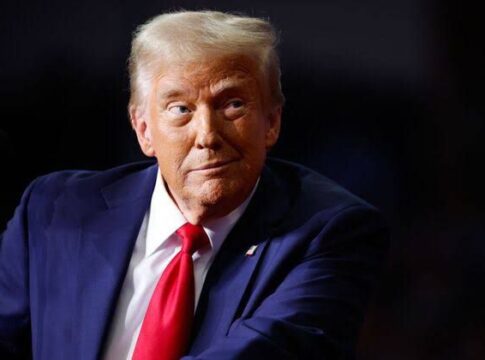In recent years, Nigeria has grappled with the troubling phenomenon of state capturing, a process where powerful individuals or groups manipulate state institutions to serve their interests rather than the public good. This practice poses a significant threat to the democratic culture in Nigeria, undermining the principles of accountability, transparency, and citizen participation that are essential for a thriving democracy.
State capturing in Nigeria often manifests through corrupt practices, where political elites exploit their positions to siphon public resources for personal gain. This has led to a pervasive culture of impunity, where those in power operate above the law, eroding public trust in government institutions. Citizens, disillusioned by the rampant corruption and lack of accountability, become increasingly apathetic, disengaging from the democratic process. This disengagement is detrimental, as it allows corrupt practices to flourish unchecked.
Moreover, state capturing has far-reaching implications for governance and development. When state resources are diverted to serve the interests of a few, essential services such as healthcare, education, and infrastructure suffer. This not only exacerbates poverty and inequality but also stifles economic growth, creating a vicious cycle that further entrenches the power of the elite.
READ MORE: Debt Burden, Inflation Undermine Nigeria’s Economic Reform Efforts – IMF Report
To combat state capturing and restore democratic culture in Nigeria, a multifaceted approach is necessary. Strengthening institutions that promote transparency and accountability is crucial. This includes empowering anti-corruption agencies, ensuring the independence of the judiciary, and fostering a vibrant civil society that can hold leaders accountable. Additionally, promoting civic education can empower citizens to demand better governance and actively participate in the democratic process.
Furthermore, international cooperation is vital in addressing the issue of state capturing. Global partnerships can help in tracking illicit financial flows and ensuring that corrupt individuals are held accountable, regardless of their position.
In conclusion, state capturing poses a significant threat to Nigeria’s democratic culture. Addressing this issue requires concerted efforts from all stakeholders, including government, civil society, and the international community, to foster a political environment that prioritizes the public good over personal gain. Only then can Nigeria realize its full democratic potential.




